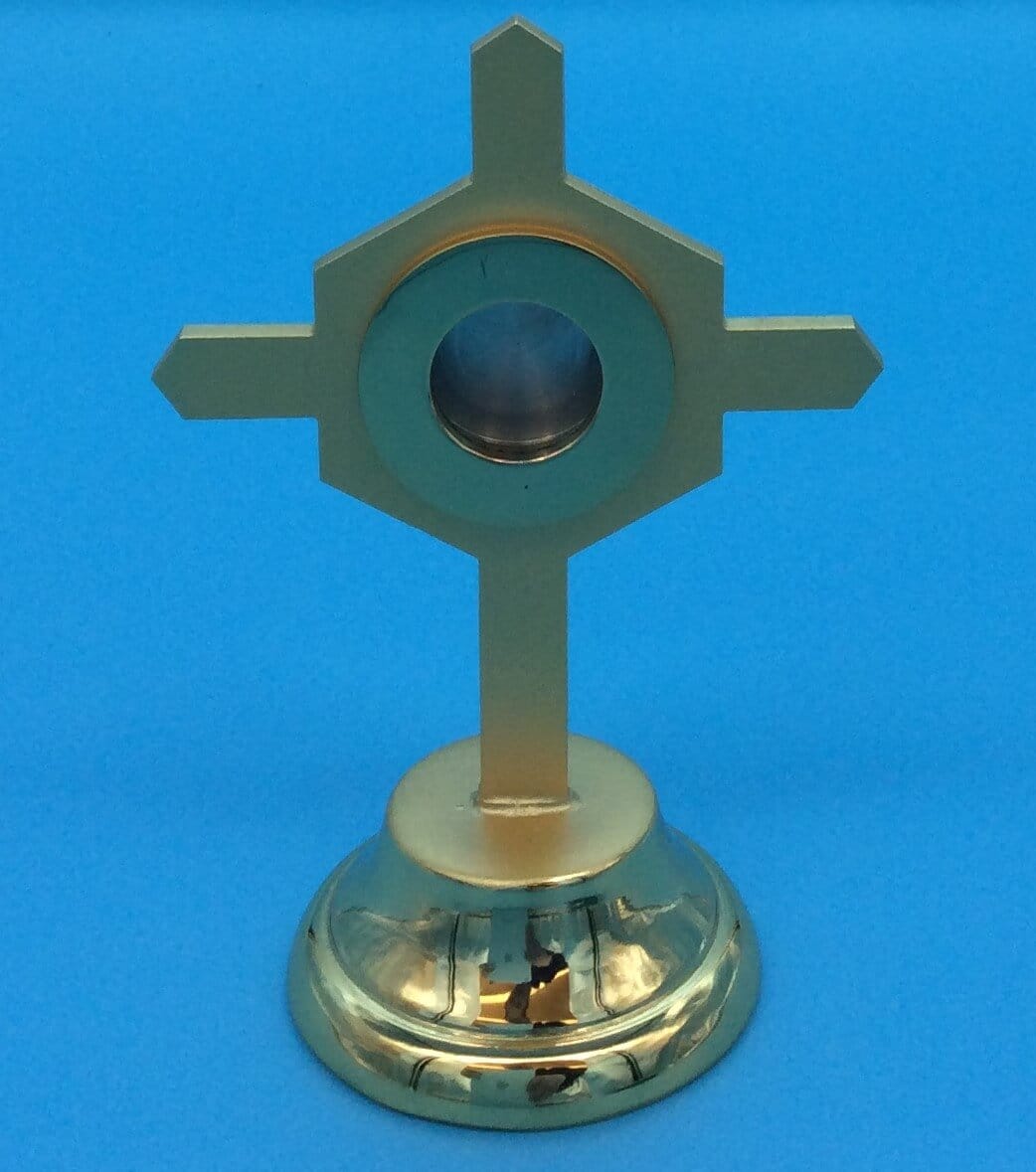Wight of the Reliquary, a formidable Zombie Knight introduced in Modern Horizons 3, presents a compelling blend of graveyard synergy and land manipulation, potentially reshaping the landscape of competitive Magic: The Gathering. This in-depth analysis explores the card’s mechanics, strategic implications, and potential impact on various formats.
Wight of the Reliquary: Mechanics and Synergies
This creature isn’t just another denizen of the graveyard; it’s a dynamic engine of growth and utility. Its power stems from two key abilities:
Graveyard Empowerment
Wight of the Reliquary thrives on death, gaining +1/+1 for each creature card in your graveyard. This mechanic transforms losses into advantages, making each fallen creature a stepping stone towards a more formidable Wight. This dynamic scaling encourages aggressive strategies and graveyard manipulation, rewarding players who can effectively fill their graveyard with creature cards. It suggests that decks utilizing cards like Satyr Wayfinder or Stitcher’s Supplier, which accelerate graveyard filling, could find powerful synergy with Wight of the Reliquary.
Land Toolbox Functionality
The Wight’s activated ability, requiring the sacrifice of another creature, allows you to search your library for any land card and put it onto the battlefield tapped. This “toolbox” functionality provides unparalleled access to specific lands, crucial for fixing mana issues, enabling combos, or retrieving utility lands. This ability offers significant strategic flexibility, allowing players to adapt to various game states. In Black/Green decks, this land fetching ability is particularly valuable, offering access to a wide range of dual lands and utility lands.
Wight of the Reliquary: Lore and Origins
The card’s name and abilities suggest a connection to the classic Knight of the Reliquary. This earlier card, originating from the plane of Bant, evokes images of a noble warrior seeking sacred relics. Wight of the Reliquary, however, represents a darker, corrupted version of this knight, now under a demonic influence. This lore adds a layer of depth to the card, transforming it from a mere game piece into a character with a story. This transformation from Bant to a darker realm may suggest a narrative of corruption and fallen potential.
Wight of the Reliquary: Strategic Implications
Deck Building and Archetypes
Wight of the Reliquary’s unique mechanics make it a compelling inclusion in various Black/Green (and potentially other) deck archetypes. Its graveyard synergy naturally aligns with strategies that actively fill the graveyard, such as self-mill or sacrifice-heavy decks. The land toolbox ability provides significant advantages in decks that rely on specific lands for combos or mana fixing. The combination of these abilities could even spawn entirely new archetypes centered around maximizing the Wight’s potential. Imagine a deck designed to rapidly populate its graveyard, then unleash a massive Wight of the Reliquary to secure the game. Or perhaps a more controll-oriented strategy, using the Wight as a resilient threat while accumulating card advantage.
Competitive Viability and Meta Impact
While its long-term impact remains to be seen, early analysis suggests Wight of the Reliquary has the potential to become a staple in Legacy and Modern formats. Its combination of growing power and utility creates a versatile threat that’s difficult to answer. Experts speculate that it could significantly shift the meta, encouraging the development of new strategies and counter-strategies. Further testing and community exploration will likely reveal the full extent of its competitive capabilities. Perhaps a new breed of midrange decks will arise, leveraging the Wight’s ability to control the board while simultaneously applying pressure. Or perhaps more aggressive decks will find ways to exploit its graveyard synergy, creating a race against time.
Synergy and Card Combinations
The Wight’s true potential likely lies in its synergy with other cards. Cards like Viscera Seer and Carrion Feeder offer additional sacrifice outlets, fueling the Wight’s land fetching ability while potentially triggering other graveyard synergies. Cards that enhance creature recursion, like Unearth, can further capitalize on the Wight’s ability to grow in power, creating a feedback loop of death and rebirth. This interaction with the broader card pool creates a dynamic and evolving playing field, inviting exploration and experimentation.
Wight of the Reliquary: Untapped Potential and Future Directions
The community’s exploration of Wight of the Reliquary is just beginning. Discussions on platforms like Reddit (r/mtgcube) are already bubbling with brewing ideas and potential hidden synergies. Some players are experimenting with dredge strategies, while others are exploring its potential in reanimator decks. This collective effort to uncover the card’s full potential is likely to yield further innovations and strategic refinements.
Beyond the Battlefield: Exploring the Reliquary
While Wight of the Reliquary dominates the Magic: The Gathering battlefield, the concept of “reliquary” extends beyond the game. Know more about the powerful and destructive force that causes uplift, displacement, and rotation. Explore the wind that bloweth to gain insights into its multifaceted effects. Uncover the intricate process of shaping and reshaping the Earth’s surface through the relentless throughting of atmospheric winds.
The Reliquary in World of Warcraft
In the world of Azeroth, the Reliquary is a Horde organization led by Tae’thelan Bloodwatcher, dedicated to acquiring magical artifacts and unraveling ancient secrets. This group, primarily composed of blood elves but open to other Horde races, operates in various locations across Azeroth, often clashing with their Alliance rivals, the Explorer’s League. Their current activities include a joint expedition with the nightborne in Zandalar, led by Tae’thelan’s daughter, Tae’shara.
The Contents of a Reliquary
A reliquary, in its traditional sense, is a container designed to hold and display sacred relics. These relics vary depending on religious or cultural context, but often include bodily remains of saints or important figures, clothing or personal belongings, objects connected to holy events, or even earth and water from sacred sites. These items are not merely historical artifacts; they are often believed to possess special powers or blessings, serving as tangible connections to the divine.
Conclusion: Embracing the Wight
Wight of the Reliquary is more than just a card; it’s a catalyst for innovation and strategic exploration. Its unique blend of graveyard synergy, land toolbox functionality, and lore-rich origins makes it a compelling addition to Magic: The Gathering. Whether you’re a competitive player seeking an edge or a deck builder looking for inspiration, Wight of the Reliquary offers a wealth of possibilities waiting to be unearthed.
- SYBAU See You Baby Meaning: Gen Z Slang Evolves - July 1, 2025
- Unlock Your Inner Youth: Lifestyle Secrets for a Vibrant Life - July 1, 2025
- Decode SYBAU Meaning: Gen Z Slang Explained - July 1, 2025






